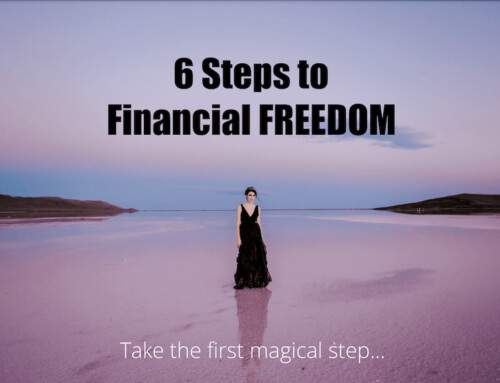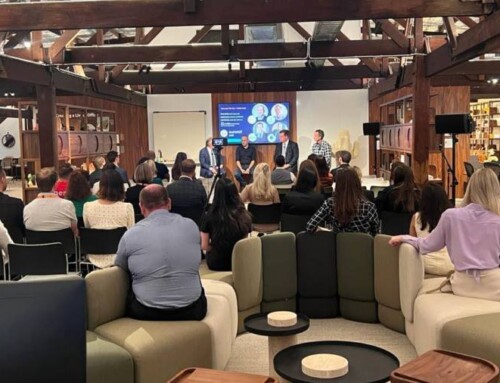Upgrade Your Team. Upgrade Your Wellbeing.
Let’s be honest. Upgrading your wellbeing and sustaining the changes is hard. Why? Simply put, it often requires extreme willpower, brain rewiring and significant social support to change. That’s why research shows that 95% of restrictive diets, designed to help people lose weight, do not work over the long-term and lead to a ‘yo-yo’ dieting approach that is so common in our culture.
When it comes to healthy changes, the focus is usually on the nutrition or the exercise, without enough focus on the social support that is so critical for success. But how can you leverage “group power” and social wellbeing to deliberately lift the energy and wellbeing of your group and team, and enhance your own personal wellbeing in the process?
Here are 6 things that will help:

Take note of the people you spend most time with. Jim Rohn, the late philosopher, once said that you become like the five people you spend most time with, so have a close look at those five people. See any similarity to the way you behave and think? If you want to improve yourself, you may need to change your social groups, which may seem harsh, but it does make sense. When I stopped smoking years ago, my friendship group gradually shifted as I started going to different places and relating to people who were into more healthful activities.
Join a Challenge. Group fitness challenges have become really popular around the world. For many people, being in the safety of the group, along with some healthy competition, motivates people to get started and go the extra mile – literally! That’s why we have seen Group Challenges appear in all of the major gym chains as well as in workplaces. Whether it’s F45, Fitness First or AnyTime Fitness, they are all using the same ‘group power’ mindset. A key thing to watch, though, is that whilst the research shows that being part of a group challenge will get results, you need to think forward to after the challenge and have a maintenance programme in place so that when the group is gone, you don’t lose all that momentum!
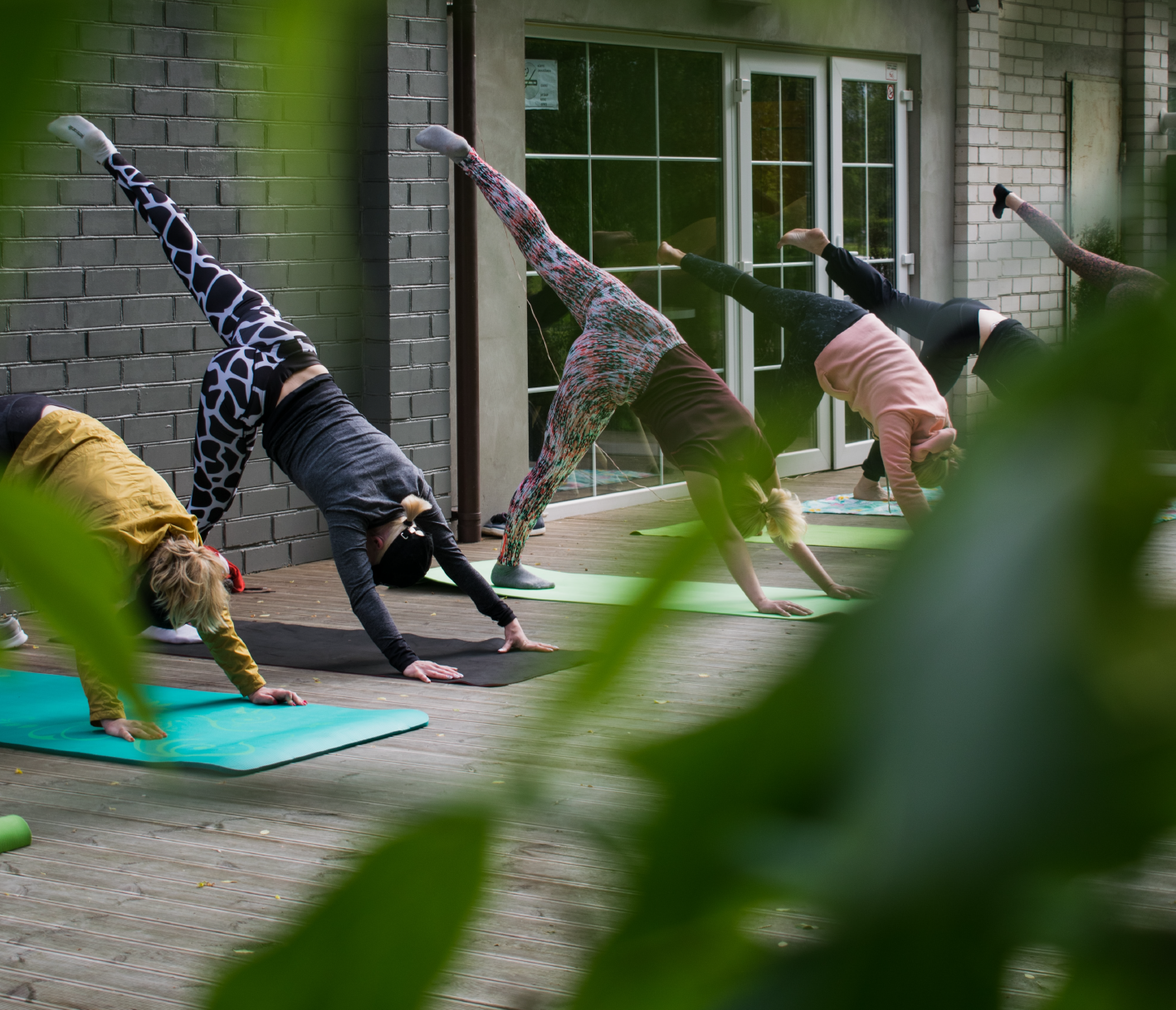

Think of your workplace as a community. Given that we spend 1/3rd of our lives at work, workplaces are great channels to connect and engage with other people. You can help upgrade the wellbeing of your workplace by, for instance, evolving workplace eating habits. Most workplaces will celebrate and reward staff with sugary cakes, crisps, bowls of sweets, late night pizza or Friday drinks, not to mention making hyper-processed foods and drinks easily accessible via vending machines. None of these things support personal wellbeing at all. If this is your experience of work, try to inspire the team by highlighting alternatives such as creating ‘healthy snack making demos’ or ‘a Foods from around the World’ Lunch & Learn event where the cooking enthusiasts in the team are all asked to bring in a native dish from their culture. You could also share details of the many healthy food delivery services such as Nutrifix www.nutrifix.co that are cropping up to help employees eat well at work.
Join a weekly meetup. Research shows us that when we get into the habit of going to a class or event at a particular time every week, we go there automatically each week. It becomes normal. We don’t need to think. A great example of this is the Park Run phenomena that is spreading around the globe. You register, rock up to a park near you, run or walk the 5k and then scan your barcode to see how well you performed, and watch your fitness improve each week! The great thing about it is that you don’t need to be a fitness enthusiast to join in – people of all levels go – some even bring their dogs and young children! See Park Run for more details. Of course running isn’t for everyone, but the model can be applied to any area of interest to bring like-minded people together.
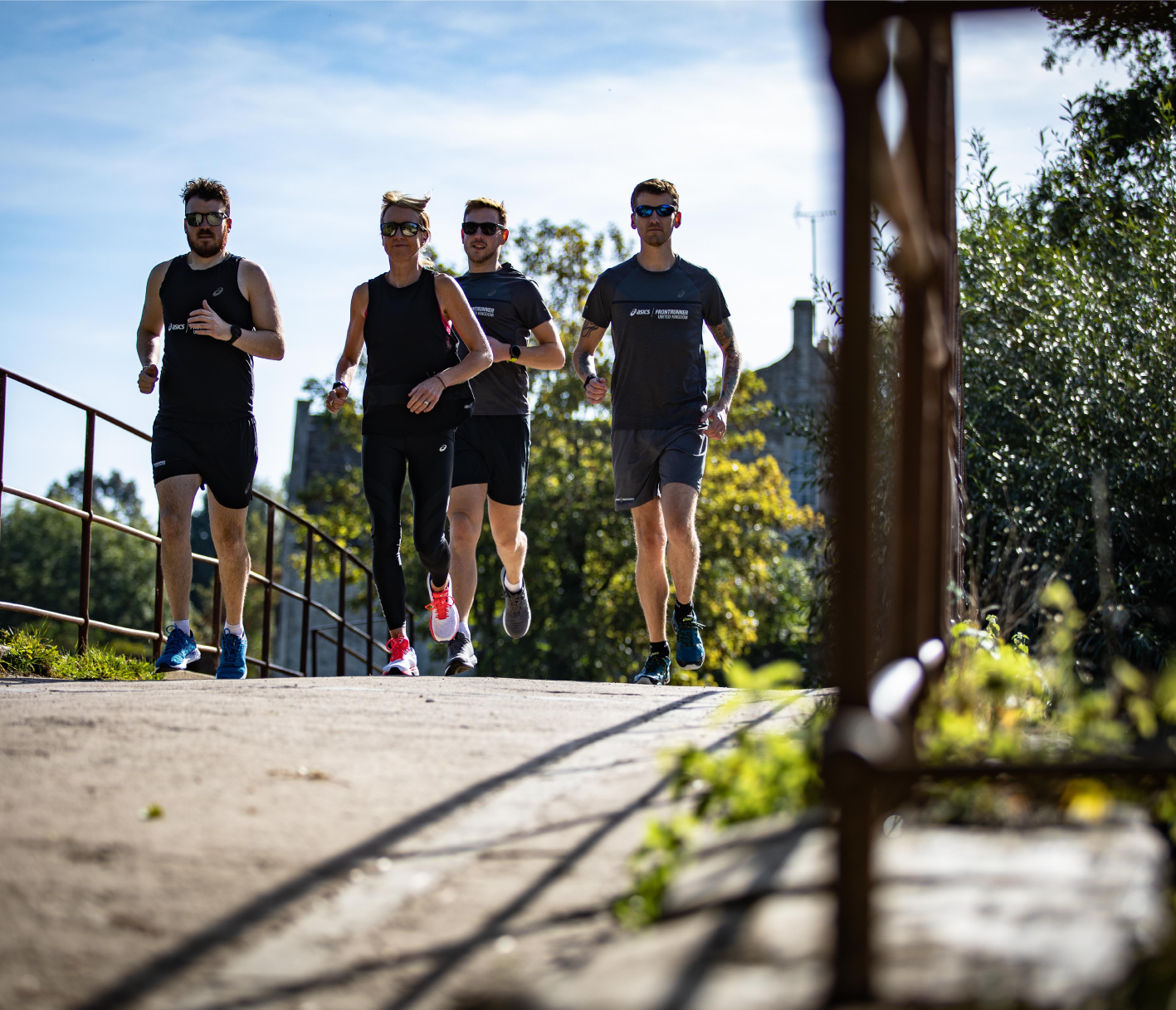
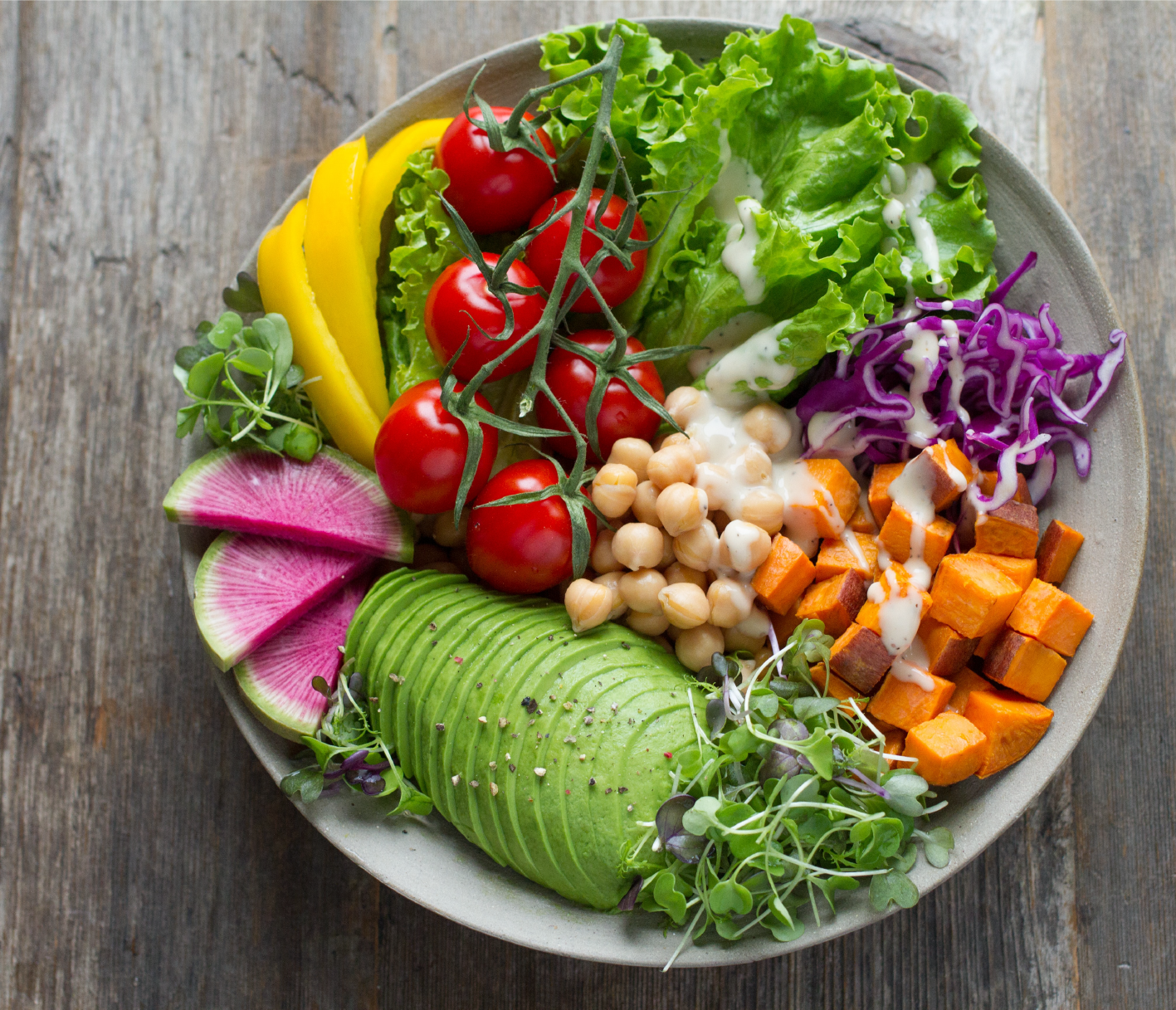
Feed them and they will come. If you want to bring people together, lure them with great tasting food. Working in the food industry has taught me that the way you sell food and drink is by allowing people to taste, sample and experience. If it tastes bad, you’re not going to sell very much! It’s the same with events. If you want to attract people to a talk on a particularly dry topic, engage them with a promise of free delicious food. Whilst food nourishes our bodies and our brains, it is also the great connector, attracting people, connecting people, and stimulating conversation and ideas.
Influence your Group Culture. A lot has been written on culture, but let’s start with the basics. Culture is the sum total of all the behaviours and customs in that group. Culture exists in workplaces, in families, in sports teams, in fact anywhere where there’s more than one person. Sometimes the culture can be healthy and sometimes it can be less healthy, even ‘toxic’. When you’re part of a group for a while, it can become invisible as behaviours become ‘normal’. It’s only when you step out of your life such as going on holiday, a retreat or even a period of illness, do you gain a new perspective on your ‘normal’ and you may realise that this ‘normal’ isn’t enabling and supporting your wellbeing. The good news is that you do have the ability to influence the culture you’re in simply by changing the way you communicate with others. This short survey has been designed to help you identify your starting point to discover ‘your normal’.
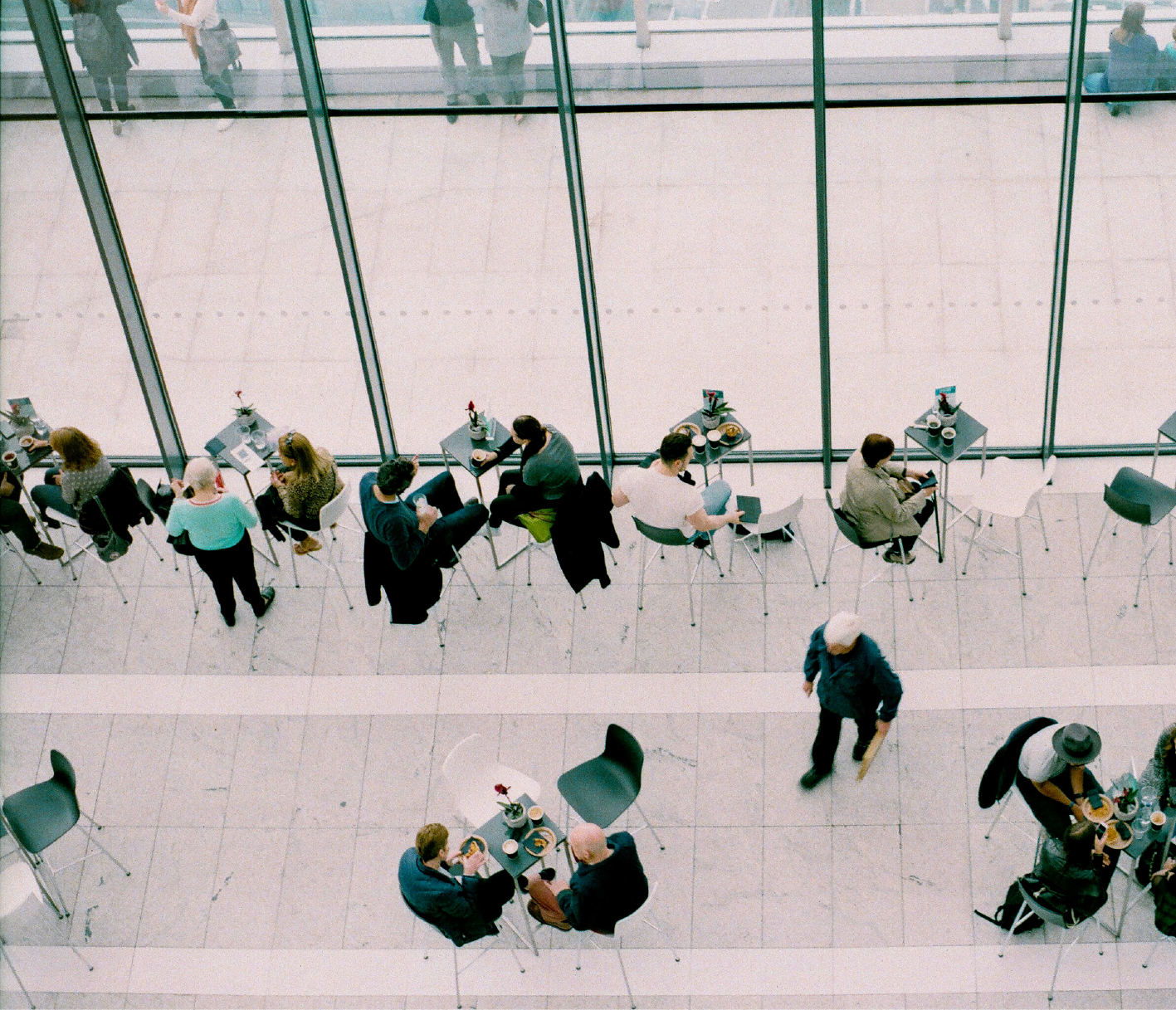
In summary, the groups and teams that we are part of have a huge impact on our mental and our physical wellbeing, so leverage them to lift your energy and the energy of the teams that you are part of. It won’t be time wasted.



